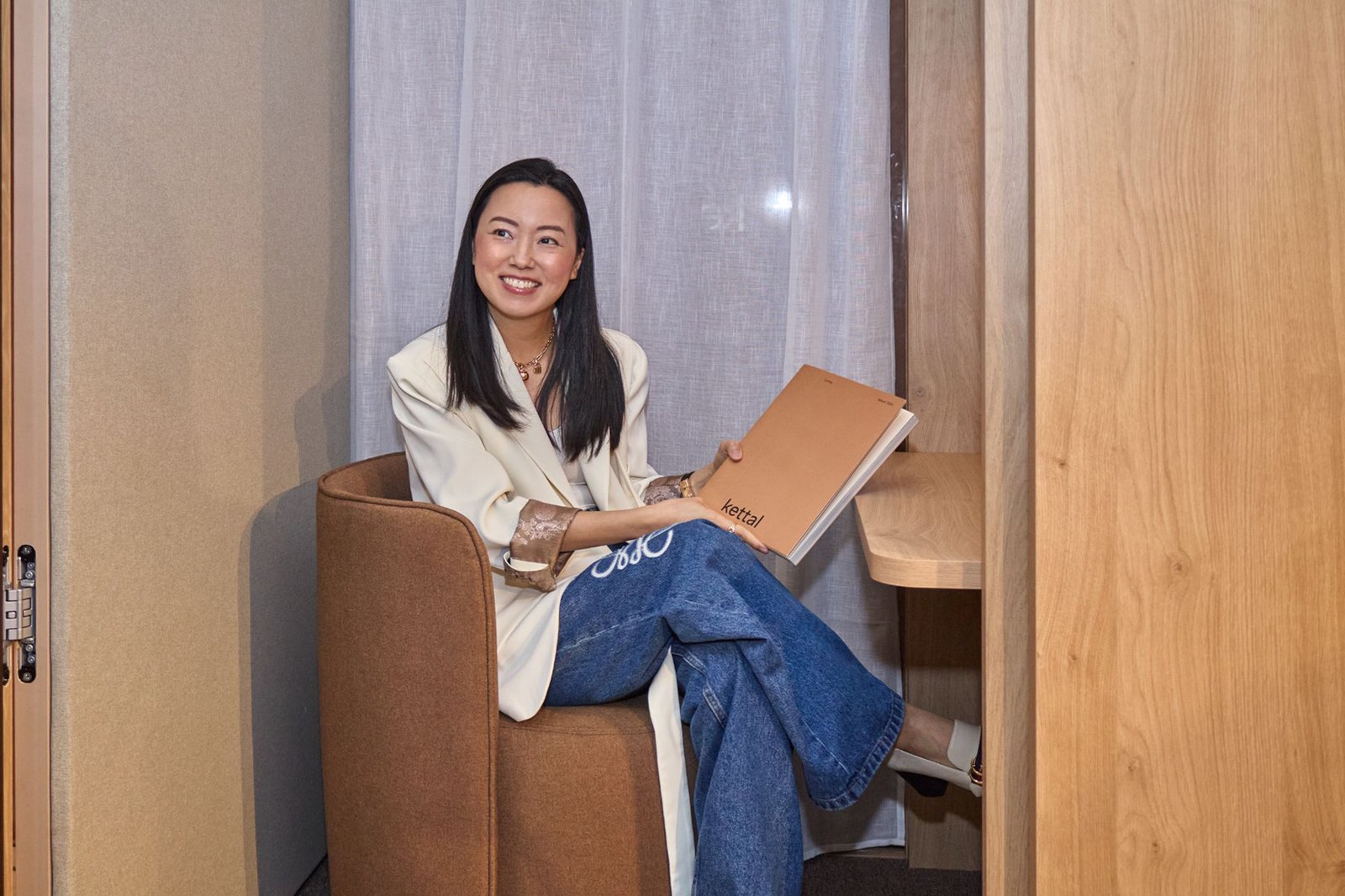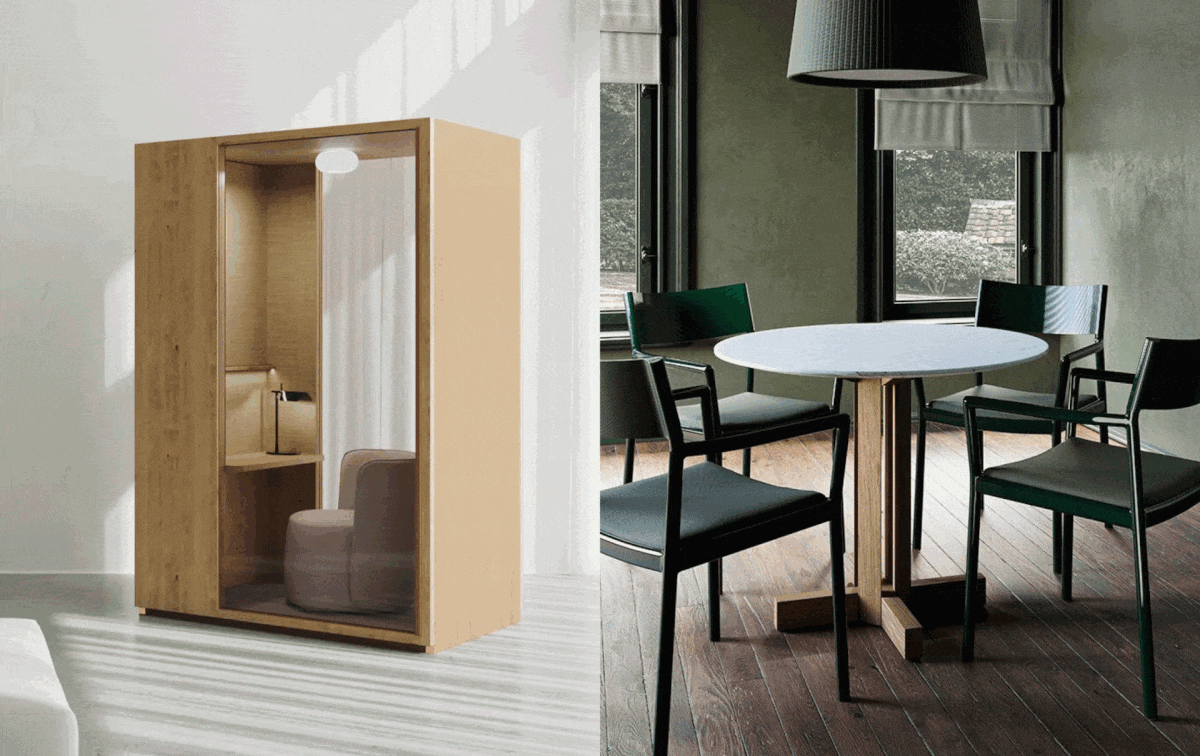Introduction and interview The Kanto team
Images Casa Bella for Kettal
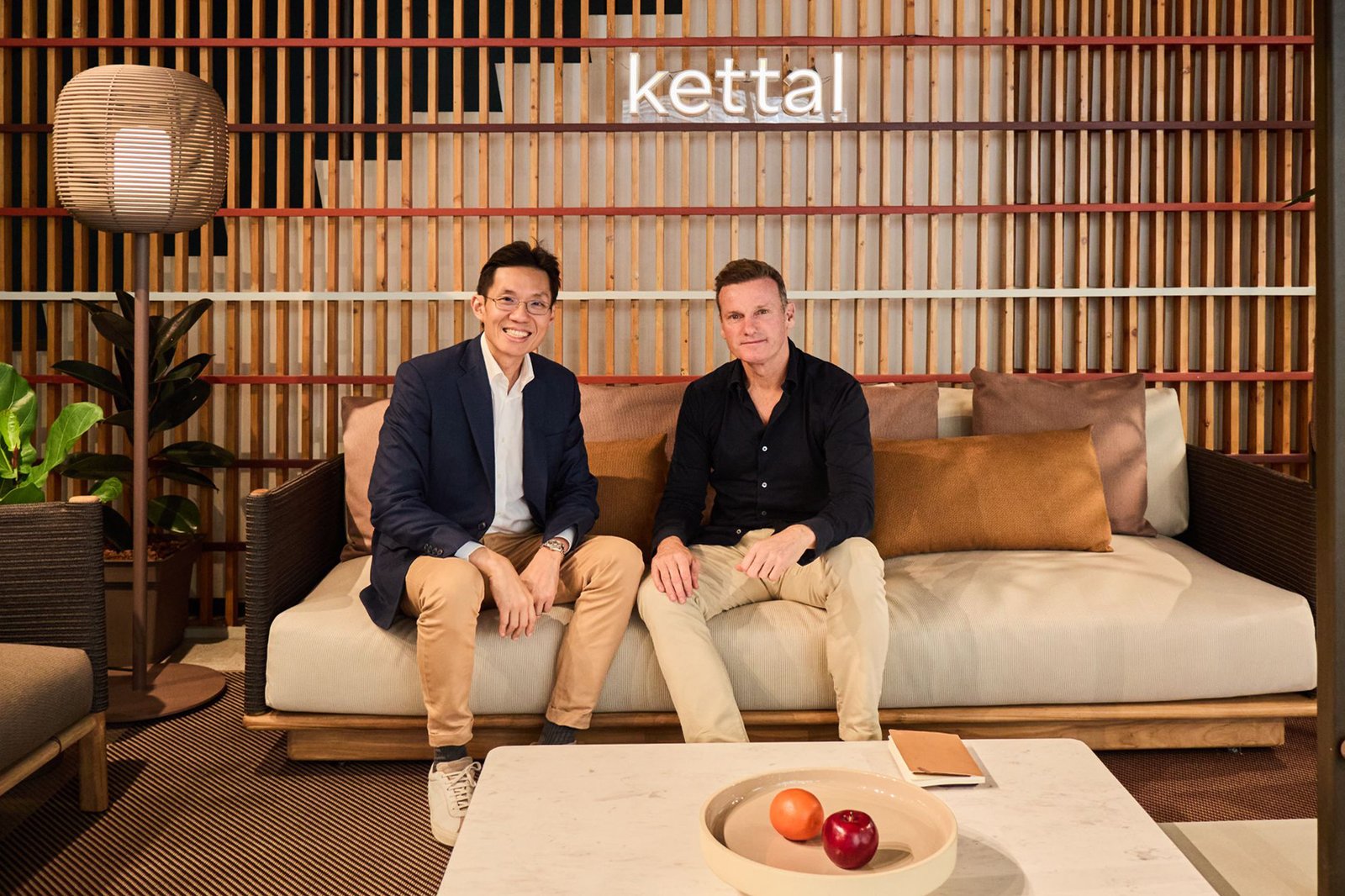
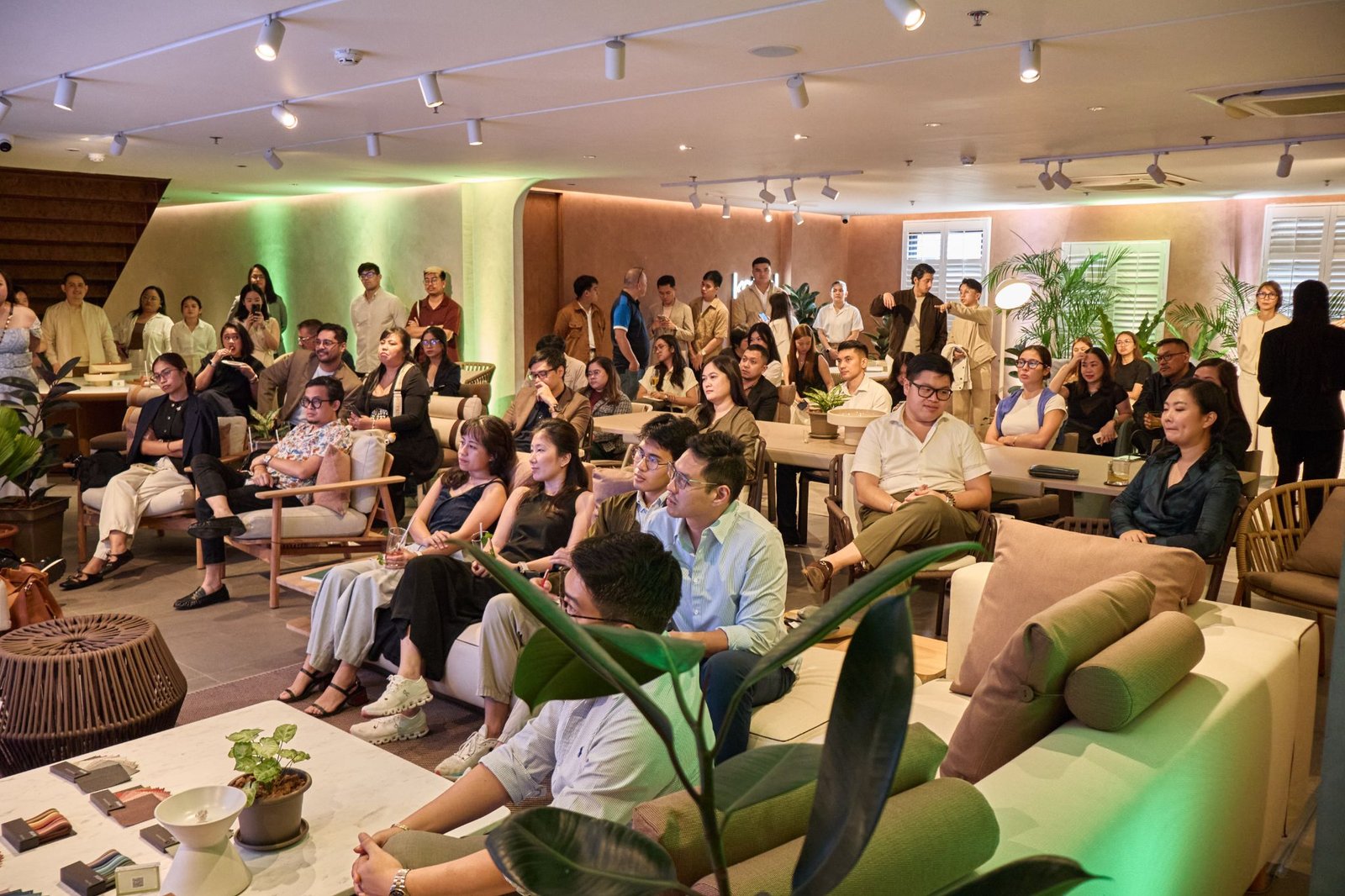
Casa Bella Home and Living Corp’s managing director, Joseph Tay, kicked off the event, aptly titled A Kall from Kettal, with a memorable anecdote that perfectly captured the vaunted durability of the furniture brand’s products. While in the Spanish city of San Sebastian, Tay stopped at a local watering hole for a drink and was struck by the sight of a well-worn Kettal chair. The seat had clearly withstood years of use by countless patrons, yet it remained sturdy and functional. The proprietor revealed the seats were over a decade old, sparking a conversation about the brand’s impressive longevity.
Alex Alorda, Kettal’s second-generation CEO and son of founder Manuel Alorda, smiled at this glowing testimonial. His recounting of Kettal’s journey to a rapt crowd of architects, interior designers, and design specifiers revealed that while the company is driven by numbers like any other enterprise (“When the demand is there, we don’t see why not,” Alorda quipped in response to a question about regional distribution hubs to tackle shipping delays), it is still very much rooted in family values and an unwavering commitment to design innovation. He takes pride in the fact that regardless of the provenance of materials or the nationality of the international designers they enlist, every Kettal product is still conceived and brought to life in Barcelona, where the company took root.
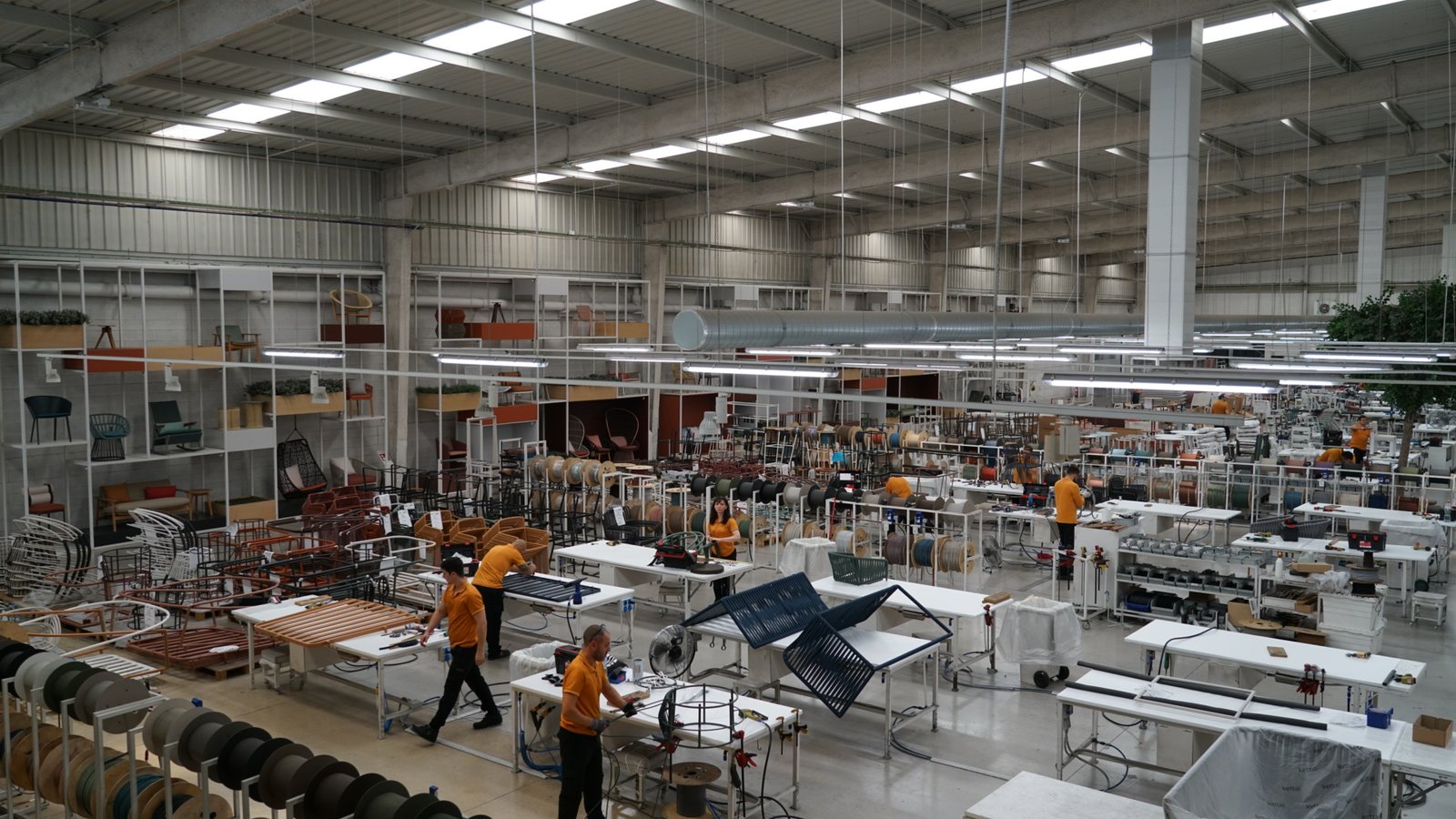

From its inception in 1966 as a family-run company that initially manufactured aluminum camping gear to the outdoor furniture powerhouse it is known as today, Kettal has remained relentless in its pursuit of new challenges that leverage its expertise in aluminum and durable outdoor fixtures. This commitment led to the development of modular leisure Pavilions to complement its existing furniture lines, including a collaboration with Dion Neutra—son of legendary modernist architect Richard Neutra—for the VDL Pavilion and Penthouse.
As the world of design continues to evolve, Kettal’s innovative spirit has led them to expand their focus beyond just outdoor furniture. With the rise of hybrid working environments and changes in office dynamics, thanks to the pandemic, Kettal has ventured into workplace solutions. The brand has introduced a host of customizable office solutions like Insula, a modular sofa by Patricia Urquiola for both the home and the workplace, the Kall Phone booth (a working unit was available at the showroom for guests to try), alongside the flexible O Pavilion system, all designed to adapt to the changing needs of modern workspaces.

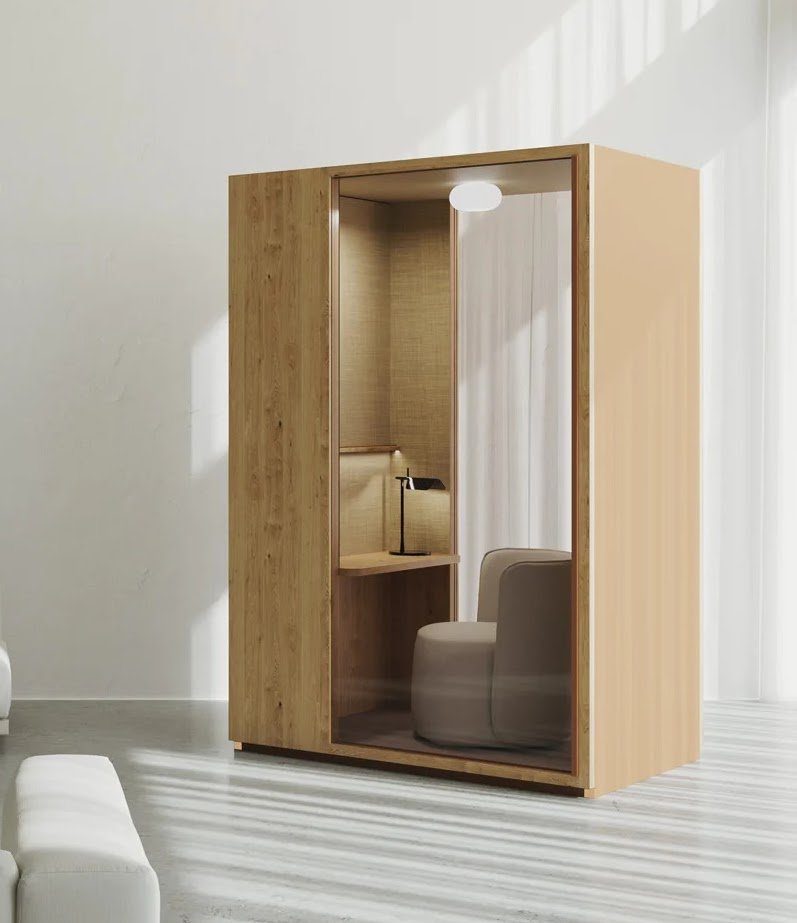
Kall by Kettal Studio 
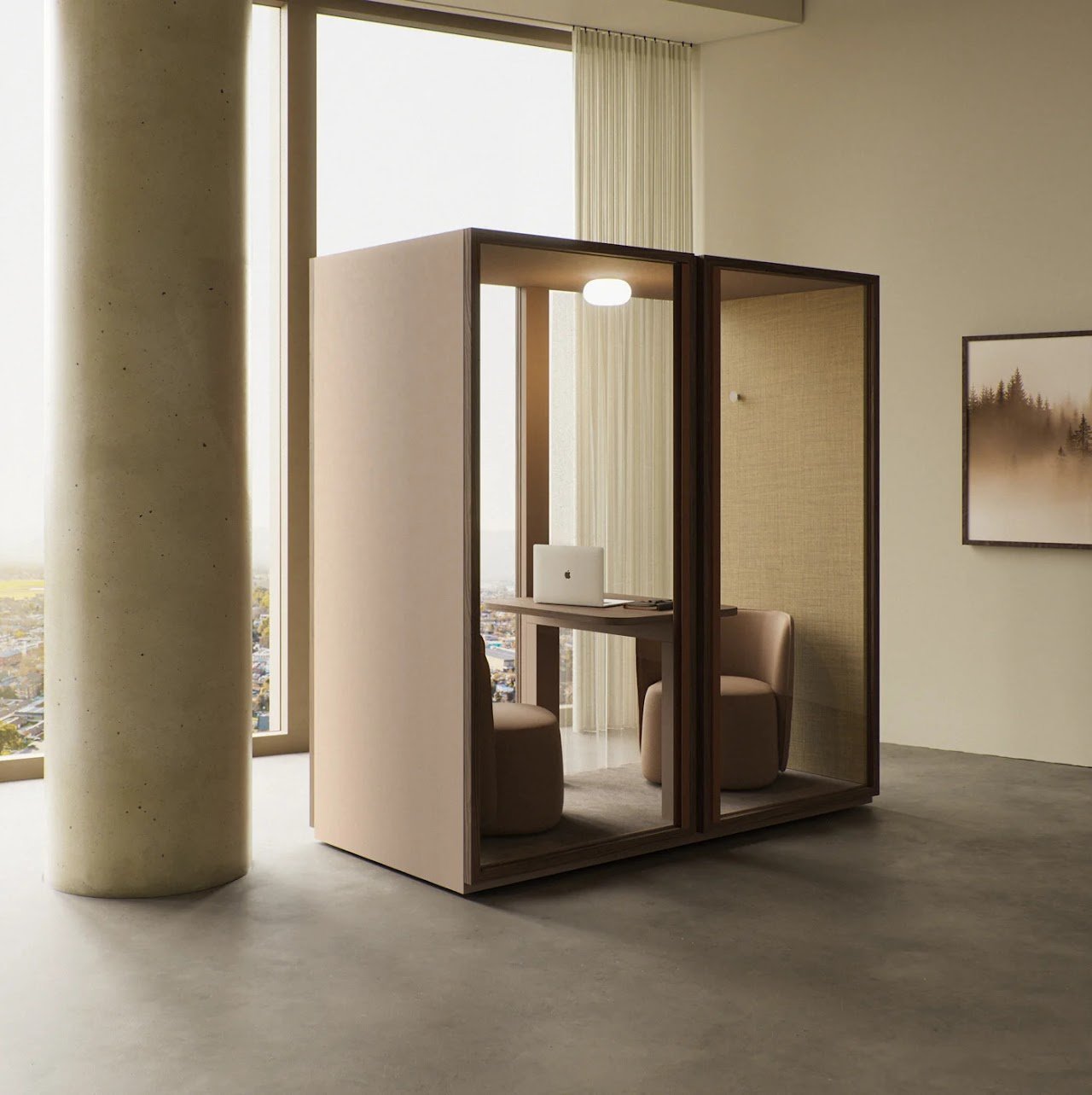
Kall by Kettal Studio
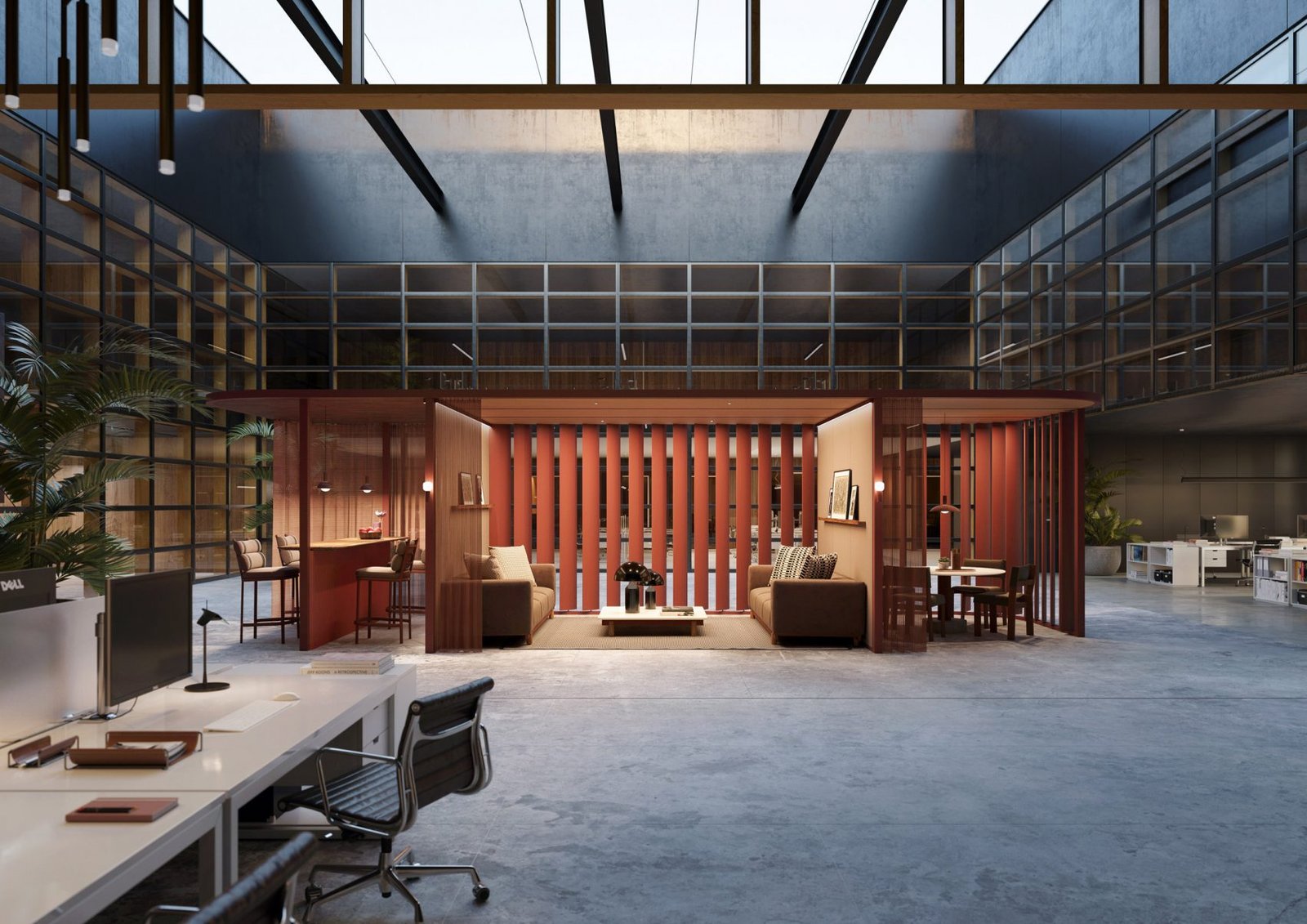

Alorda captured the essence of Kettal’s approach: “We are a startup company, and still think of ourselves that way, even as we near our 60th year,” he shared with his audience. “The key to our success is that we keep innovating, experimenting, and pushing beyond what we already know.”
Our brief conversation with Mr. Alorda follows:
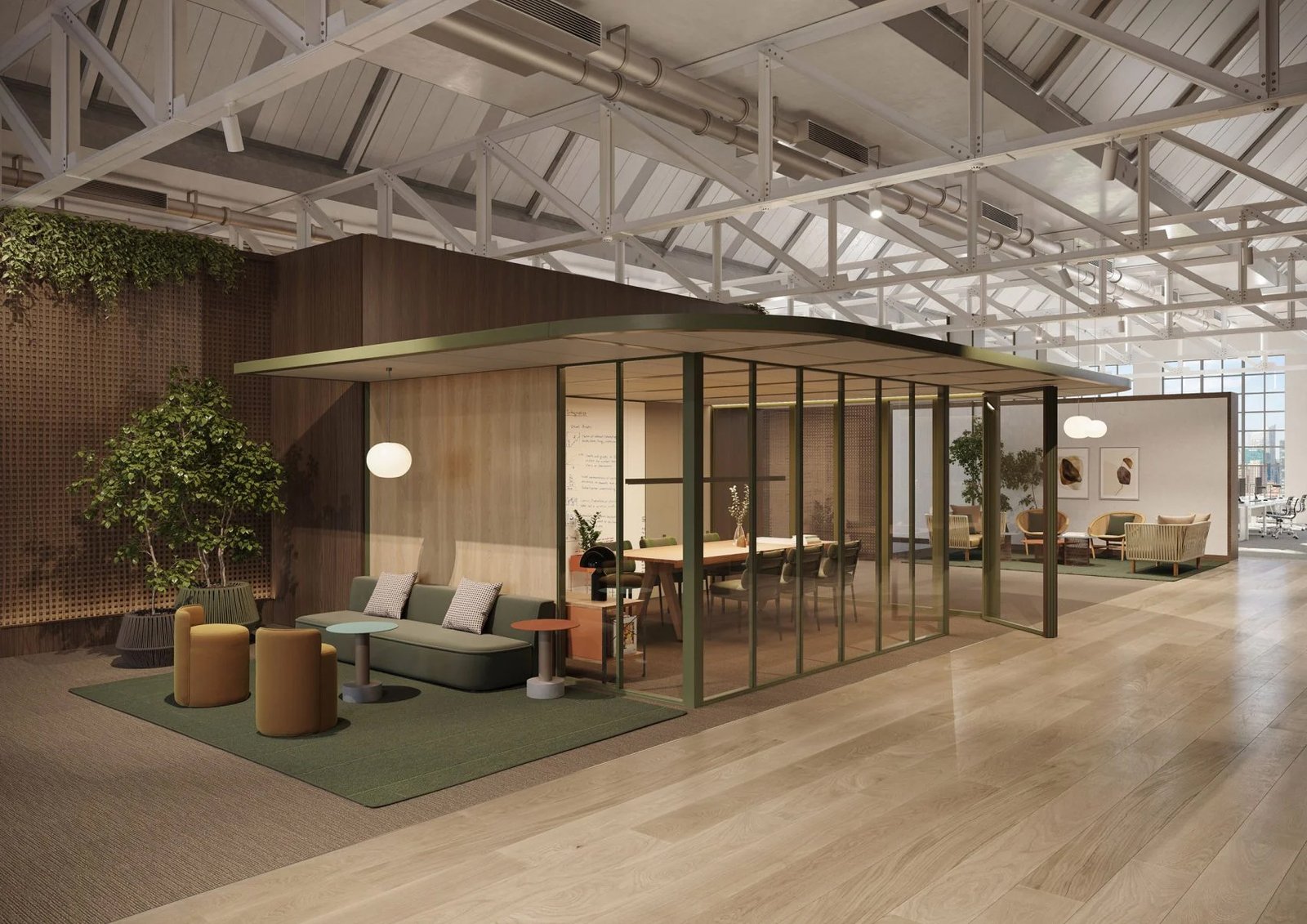

Hello Mr. Alorda, welcome to the Philippines! I’m sure this isn’t your first visit, especially since Kettal has been working with Casa Bella since 2011. To kick things off, what do you believe have been the key factors behind the brand’s continued success and longevity in the Philippines?
Alex Alorda, CEO, Kettal: The key factors have been consistency, hard work, and a sense of partnership and shared vision. I still vividly recall meeting Stephanie (Coyiuto) and Joseph (Tay) of Case Bella years ago when they had just a small showroom. However, what stood out was their clear vision, passion, and unwavering commitment to their customers. That foundation of trust and dedication has allowed Casa Bella to grow into a remarkable platform for developing high-quality projects. Together, we’ve built something enduring; their success is a testament to collaboration and perseverance.
I’ve read some of your past interviews, and one thing that really stood out to me is your commitment to creating timeless, classic designs. Designing something that can stand the test of time isn’t guaranteed; it requires a mix of conditions and careful thought. After more than two decades leading the brand, what do you think are the essential qualities or principles that increase the chances of a design becoming a true classic?
Alorda: For a design to become a classic, it needs a delicate balance of differentiation and familiarity, something innovative yet grounded in a sense of timelessness. At Kettal, we strive for that balance by creating designs that feel unique but also resonate with people’s memories and aesthetics. Of course, achieving this consistently takes hard work, a clear vision, and maybe even a bit of luck. 🤣
Ultimately, time is the true judge of whether a design becomes a classic. One indicator could be if a piece remains in production decades after its debut. We’re proud to have pieces like Patricia Urquiola’s Club Maia that are approaching that milestone. It’s encouraging to see such longevity, but even with the best efforts, creating a classic is as much an art as it is a process of refinement and dedication.
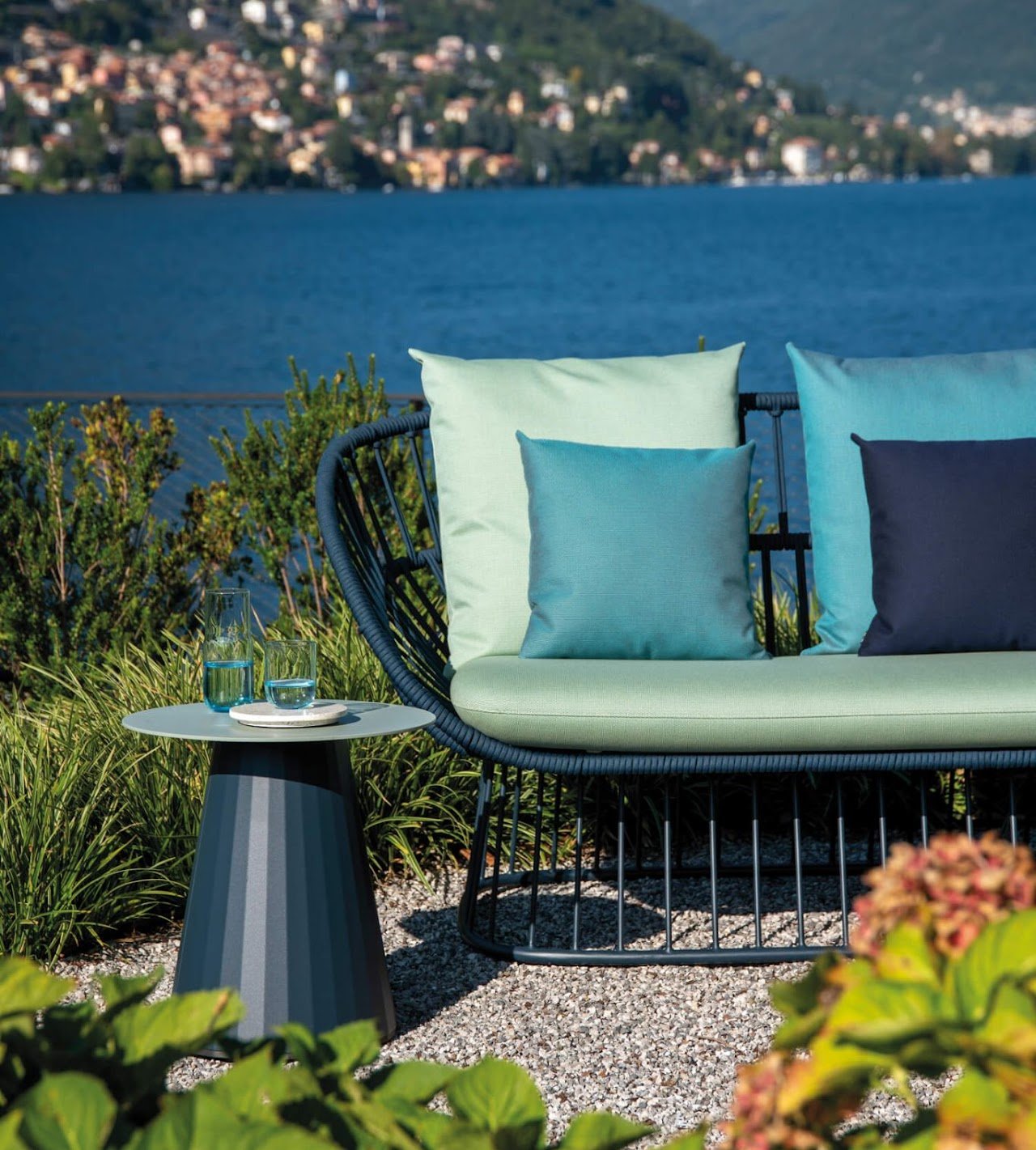

Kettal initially found its place in the outdoor furniture market but has since expanded to cover a broader range of spaces, including indoor areas and, now, the office. Given the unpredictable weather conditions we face today, how is Kettal ensuring its outdoor products are built to last, especially in the face of more extreme weather? What specific innovations in materials or design have you implemented to ensure durability and longevity?
Alorda: At Kettal, we’ve always taken material quality seriously; it’s one of the cornerstones of our philosophy. About 15 years ago, we began investing heavily in sourcing the best raw materials and developing ways to treat them for long-lasting performance. This approach continues to evolve. Today, every component, from the paint to the fabrics and ropes, is crafted specifically to meet Kettal’s rigorous specifications because off-the-shelf solutions simply don’t meet our standards.
Our goal is to create furniture that isn’t just durable but timeless—pieces that can be passed down through generations. Achieving that level of durability means thinking carefully about every detail and using materials that can withstand even the harshest conditions. We’re committed to ensuring our furniture endures extreme weather and retains its aesthetic appeal over time.
Now, let’s talk about the workplace: the concept of what makes a “workplace” has changed significantly, especially after the pandemic. How have emerging trends, market shifts, and your research shaped Kettal’s current workplace solutions? In your view, do the needs and priorities of office professionals differ now compared to before the pandemic?
Alorda: The pandemic accelerated changes that are already reshaping the workplace. Remote work and rising rents forced companies to rethink how they use their spaces, significantly reducing office footprints. Instead of large, traditional meeting rooms, smaller, more flexible spaces that can adapt to different needs have become the norm.
At the same time, there’s been a shift toward creating community-focused spaces. Employees now come to the office not just to work but to collaborate, connect, and engage with their teams. As one tech CEO told me at NeoCon, “We need to invest in community spaces to retain talent and make them want to come back to the office.”
In response, we’ve developed solutions like the Pavilion O, the Kall phone booth, and collections like Insula and Pasage, which allow companies to create distinctive environments tailored to their identity. These designs emphasize flexibility, creativity, and fostering collaboration in a hybrid work era.
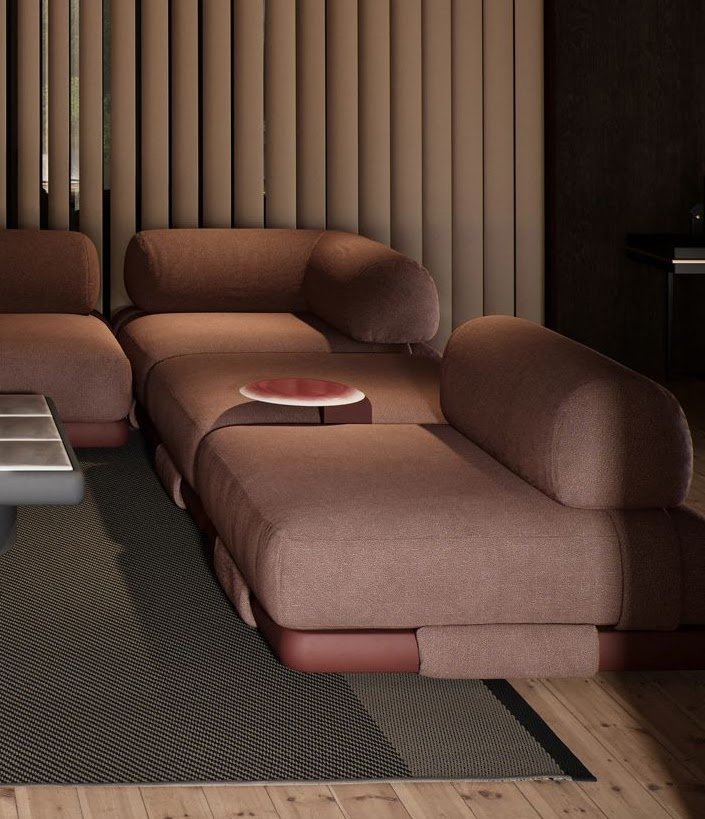

Looking at the broader picture, Kettal’s furniture, especially your outdoor range’s timeless, functional design, seems like a proper fit in tropical regions like Southeast Asia, where the Philippines has a long-standing tradition of crafting outdoor furniture. Are there any plans to create region-specific collections that address local needs or challenges? Are you considering collaborating with more Asian designers to bolster your designer roster?
Alorda: We’re always open to fresh perspectives and new challenges. We work with designers from a wide range of nationalities, each bringing their own unique vision to our collections. For instance, in 2025, we’ll be introducing a new collection by the renowned Italian designer Antonio Citterio and an exciting collaboration with an American designer in 2026. While we haven’t announced any region-specific collections just yet, we’re constantly exploring ways to adapt and innovate for different markets. Southeast Asia has a rich tradition of outdoor living and craftsmanship, an area we deeply admire. Collaboration with designers who understand the nuances of the region would be a natural next step should we walk down this path. •

